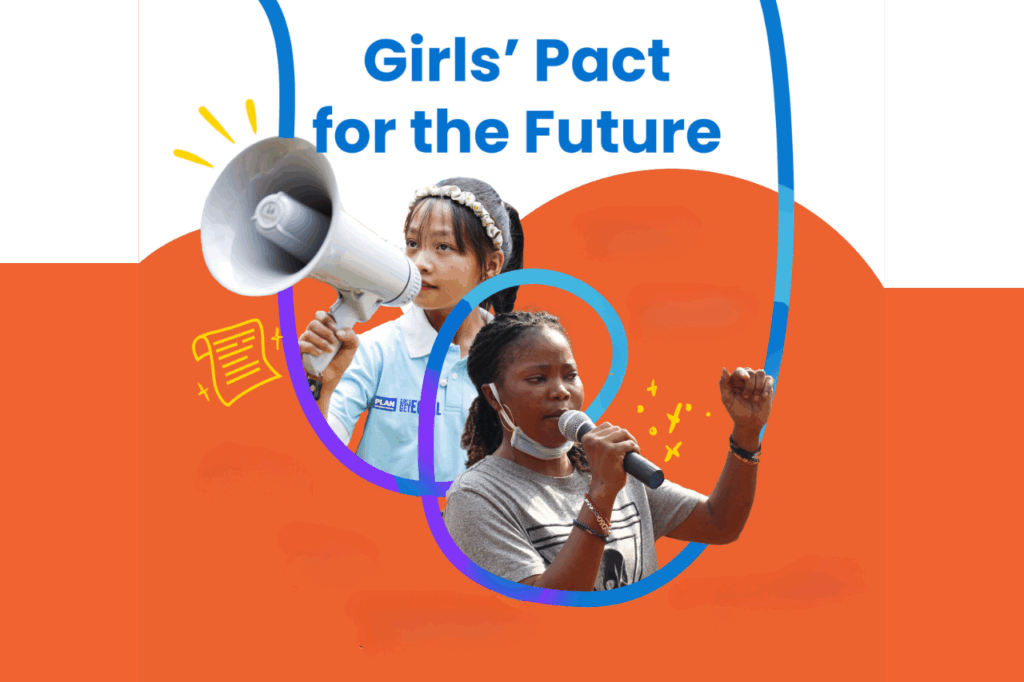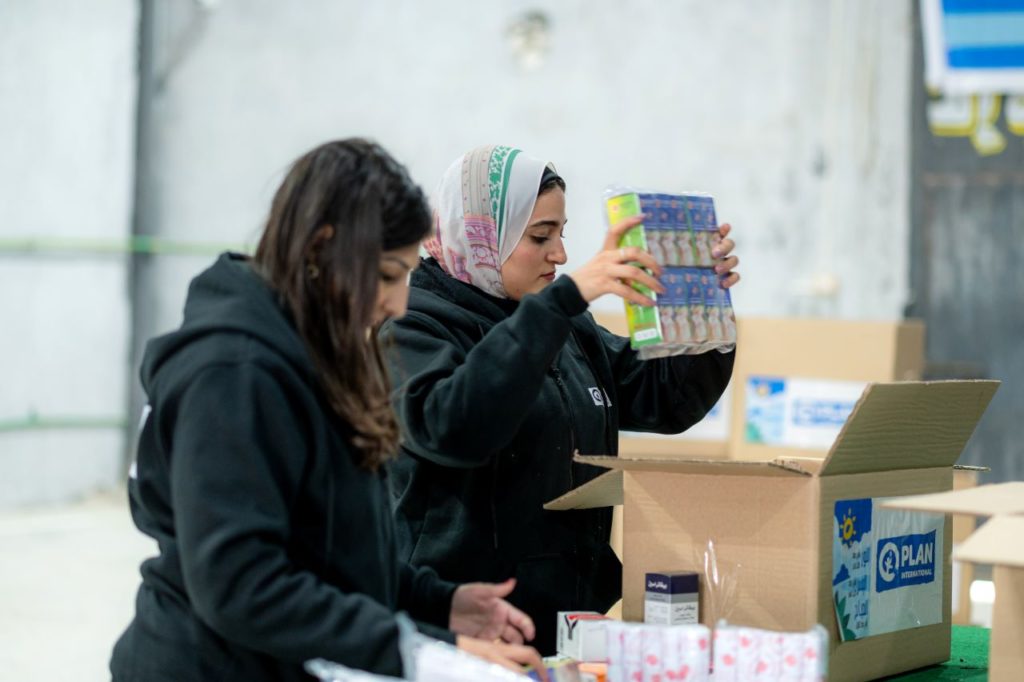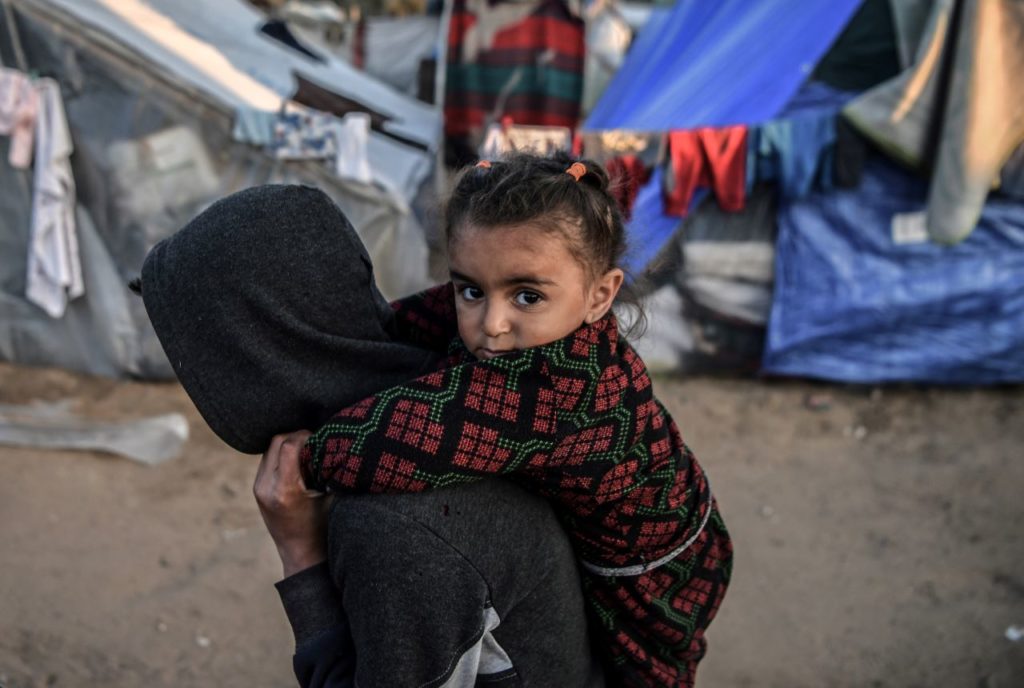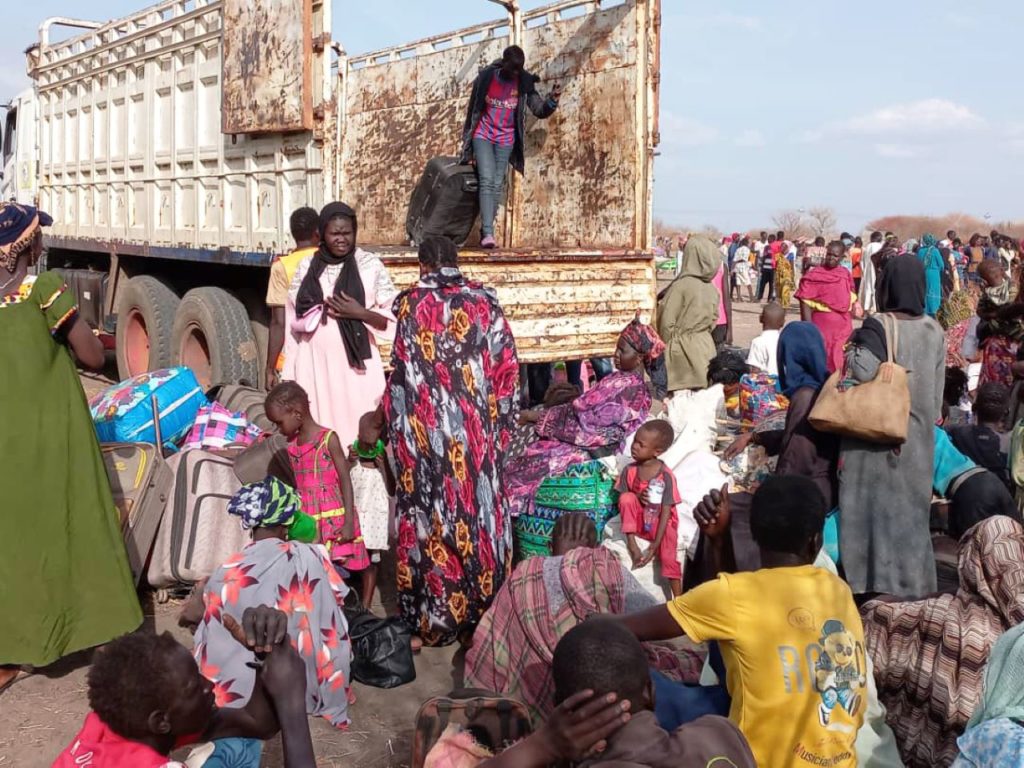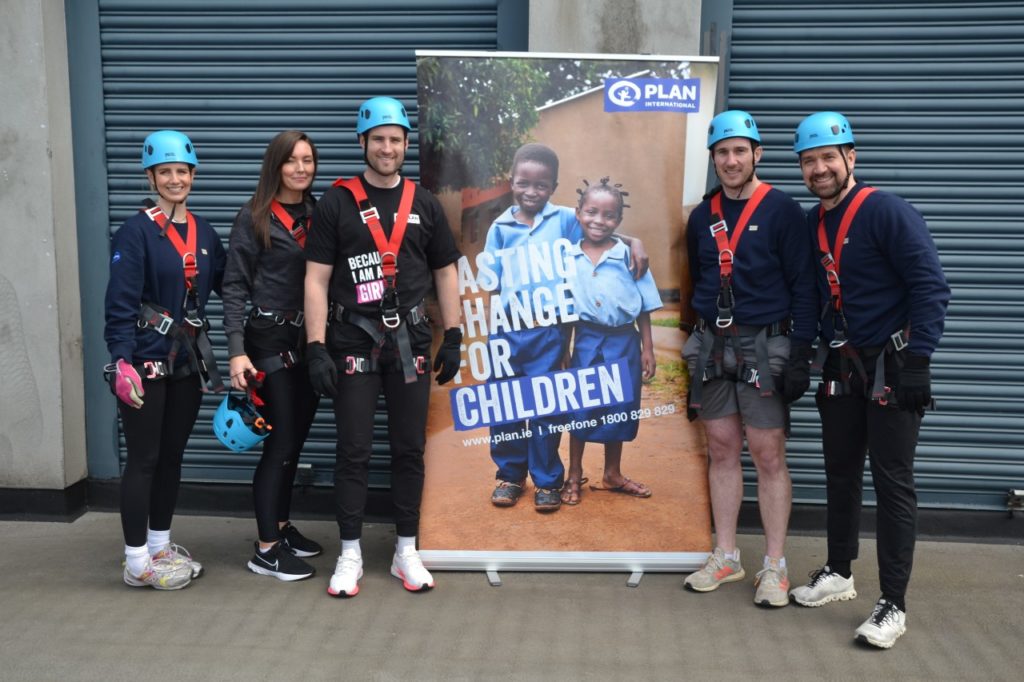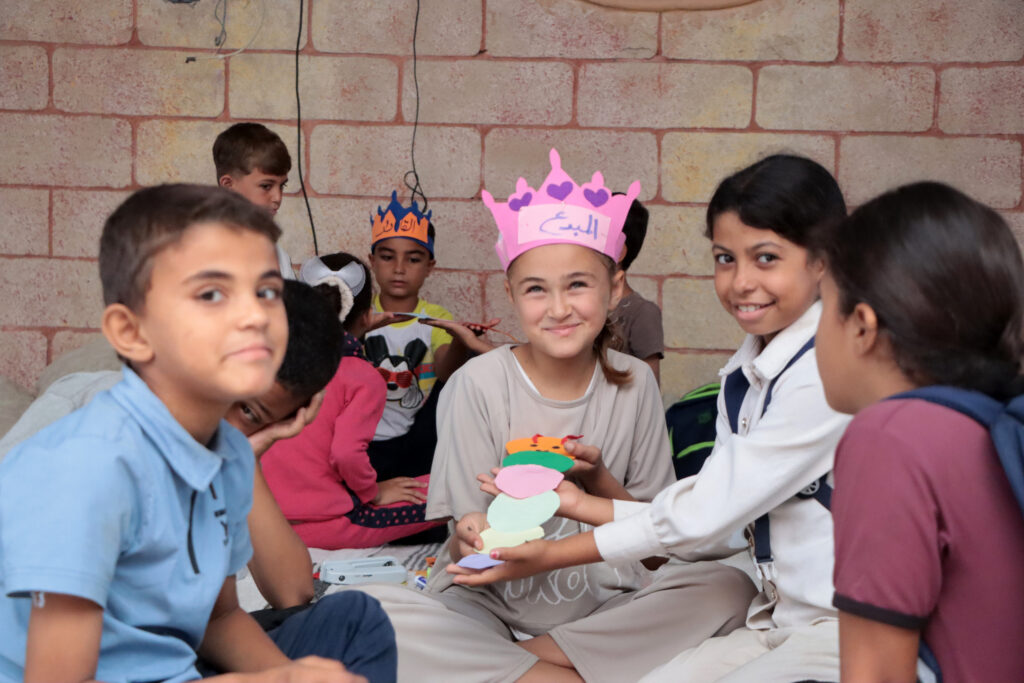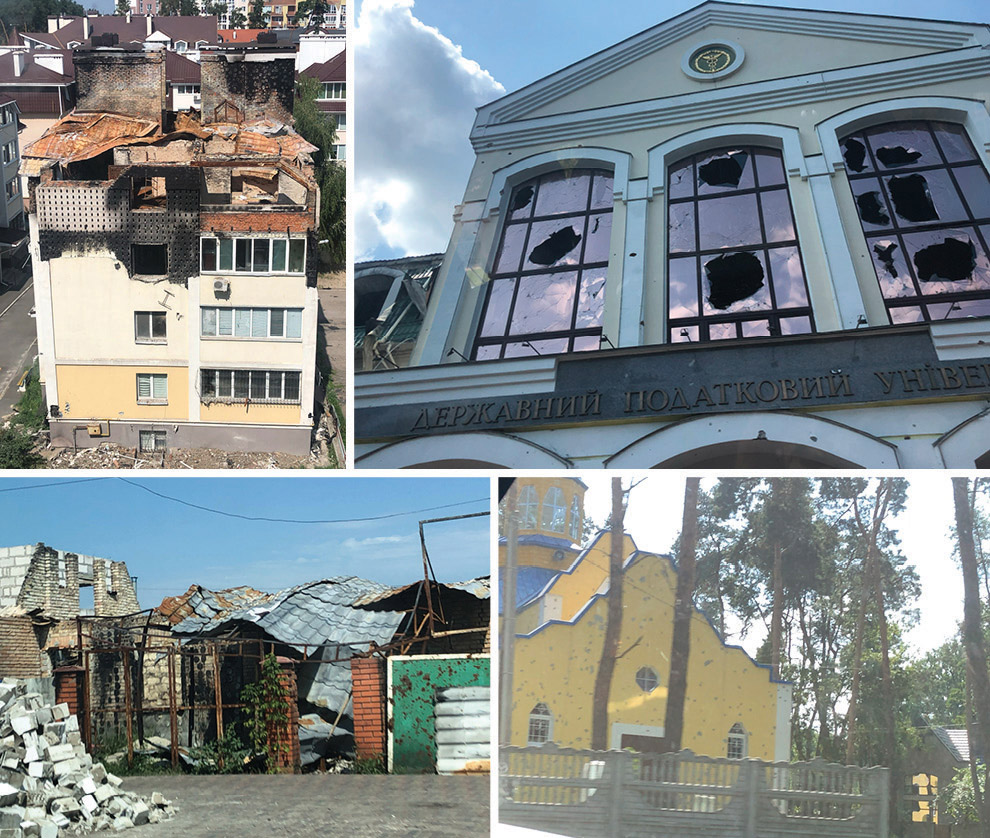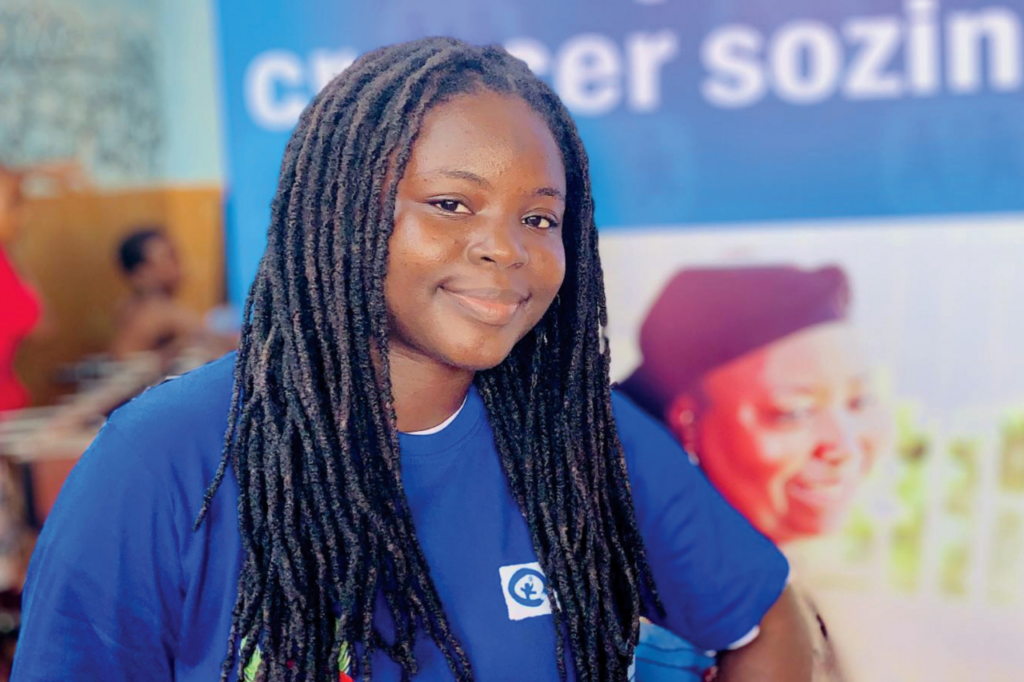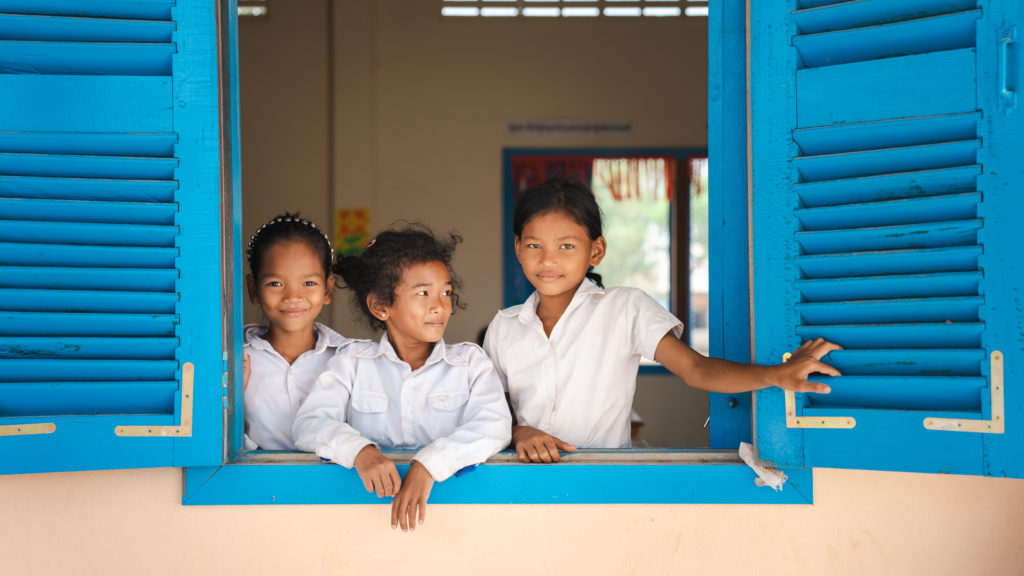The vast majority of women (93%) surveyed feel more vulnerable purely because of their gender. A new national ‘Safe in Ireland’ survey by children’s rights charity, Plan International Ireland, also reveals that almost six in ten women (58%) often or sometimes feel unsafe taking the bus.
More than a third of women participating in the survey say they have been subjected to physical harassment in public, and that this happens most frequently in bars (36%) followed by public streets (22%).
Half of women (49%) say they have experienced verbal abuse in public. Women also report being forced to modify their behaviour because they feel unsafe. Almost three quarters say they jog or walk faster as a safety precaution at night. Nearly half (47%) say they take a different route or will even walk longer distances in order to feel safer.
The survey was conducted online in September 2018. There were 534 respondents in total, three quarters of whom were aged under 25. 83% of the respondents were women. Other findings include:
- Nine in ten women feel unsafe in Ireland just because of their gender
- More than one third have experienced physical harassment in public
- Six in ten don’t feel safe taking the bus
- The survey by Plan International Ireland follows a global report in which 69% of Dublin-based experts said sexual harassment is a regular occurrence in the city’s public spaces
- Both surveys are published to mark International Day of the Girl
Speaking about the report, Paul O’Brien, CEO of Plan International Ireland said; “It’s a stark reality for women in our country, especially young women, that harassment and fear are part of daily life. It’s clear that our young women are faced with significant barriers as they strive to achieve their full potential, barriers which men don’t seem to have to factor-in to everyday life. On International Day of the Girl we are saying it’s vital that young women are consulted by their local politicians and councils and are brought into the decision-making process around areas that will directly impact on their safety in public.”
Plan International Ireland carried out the survey following a pioneering, international study by the Plan International global federation, which examined the safety of young women in cities across the world. The international survey of almost 400 experts in children’s and women’s rights and urban safety, including experts based in Dublin, found that sexual harassment is the biggest city danger facing young women.
Seven in ten of the Dublin-based experts (69%) said sexual harassment of young women in the city’s public spaces is a regular occurrence. Close to a third said it is either extremely unsafe or unsafe for girls to use public transport or be out alone at night in the city.
Almost a quarter said that sexual assault or rape is a safety concern for young women in the city’s public spaces. More than half (53%) also said that girls are never or hardly ever given an opportunity to participate in decision-making on city dangers. Over a third concluded that laws and policies to protect girls against Dublin city dangers either did not exist, or were not effective or only slightly effective.
Furthermore, when experts were asked to rate the risk of murder to young women in their city, Dublin ranked 14th. Kampala was seen as the city where girls were most at risk of murder, followed by Johannesburg and Lima. Dublin ranked 9th for cities were experts said the risk of acid attack was a safety risk for young women in public spaces – and was one of just 10 in the 22 cities where this was felt to be a threat.
When women and girls are unsafe they are prevented from fulfilling their potential. In Ireland harassment can lead to anxiety and stress, while in the developing world it can lead to girls having less access to education, healthcare, and even to being forced into child marriage.
The pioneering Girls Safety in Cities report, which is the first of its kind to examine safety risks facing young women on such a large scale, was carried out in 22 cities across six continents.
Mr O’Brien continued “Girls and young women have a basic human right to be safe in their home cities. Unfortunately this is not the reality for many around the world, with common safety threats and challenges experienced on a wide scale. While Dublin is one of the safest cities in the survey, we have nonetheless seen that there is a need for a culture change to ensure young women feel safe and are safe when in public spaces, and crucially are consulted on policy-making in the area. They need allies to achieve this – and men have a critical role to play.”
“From our international development work perspective, we can build on the data from this survey to put into action plans to scale up safety-specific programmes for girls living in urban centres in the countries where we work. Our aim is to build safe, accountable and inclusive cities with and for adolescent girls through our Safer Cities for Girls initiative. This is just one element of our Because I Am A Girl programme which transforms communities in developing countries by empowering girls.”
Read the full Safer Cities for Girls international report.
